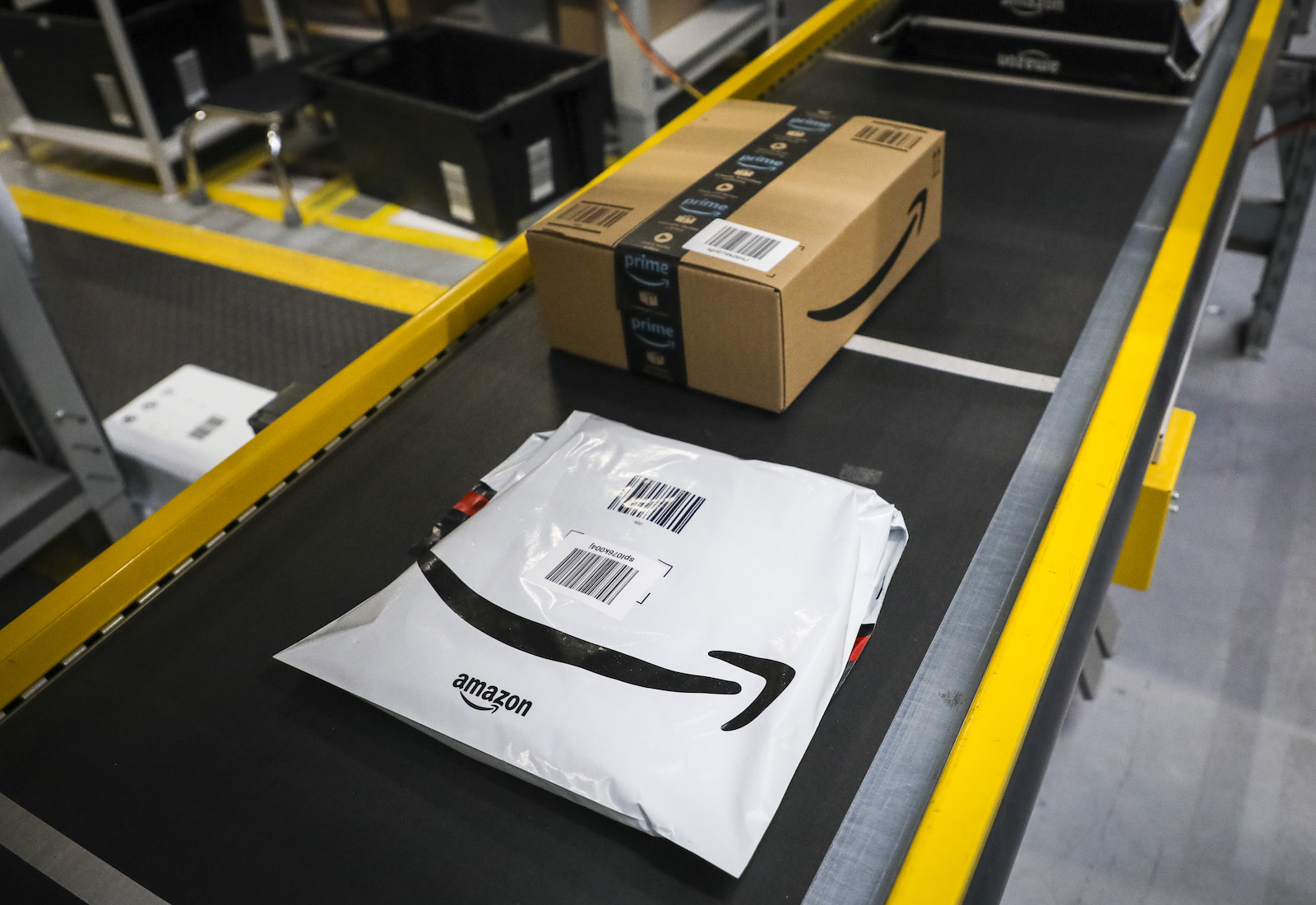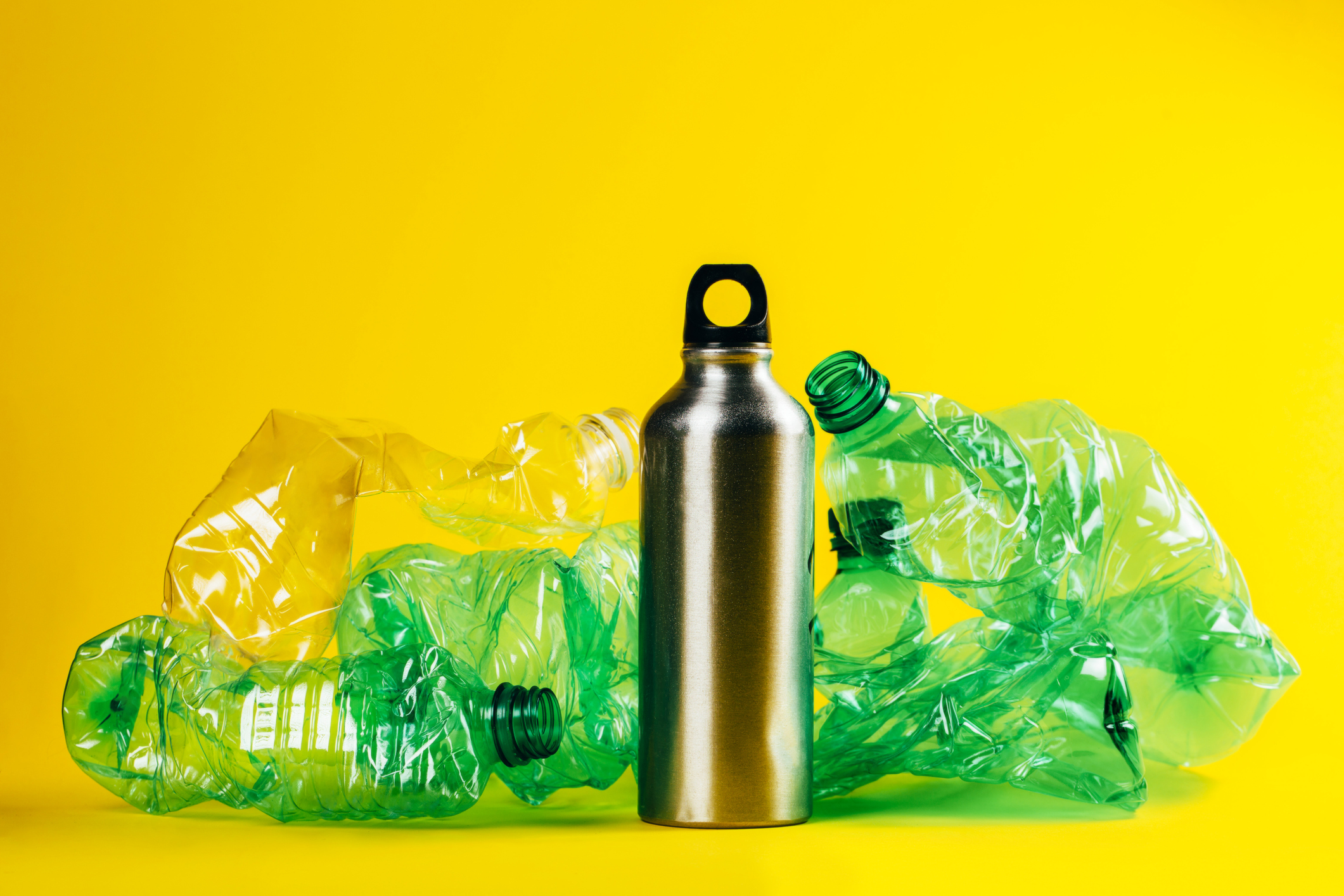Plastic is a ubiquitous material that can be found in a wide range of products and packaging. From water bottles to food containers, plastic has become an integral part of our daily lives. However, the environmental impact of plastic is becoming increasingly apparent. Plastic waste is filling up landfills and oceans, harming wildlife and ecosystems. In addition, the production of plastic contributes to greenhouse gas emissions and other environmental problems.
As consumers become more aware of the environmental impact of plastic, many are looking for ways to reduce their plastic use. Companies are also taking notice, and many are implementing changes to reduce the amount of plastic in their products and packaging. So, let’s find out more!
Here Are Some Ways That Individuals and Companies Can Reduce Their Use of Plastic:Here Are Some Things to Avoid When Growing Cucumbers:

Choose alternative materials: There are many alternative materials to plastic that can be used for products and packaging. For example, glass, metal, paper, and cardboard are all materials that can be used instead of plastic. Many companies are now using these materials in their products and packaging, and consumers can also look for products made from these materials.
Reduce packaging: Many products are over-packaged, with unnecessary plastic wrapping and containers. Companies can reduce the amount of packaging they use, and consumers can choose products with less packaging. For example, buying in bulk can reduce packaging waste.
Use refillable containers: Instead of buying single-use plastic containers, consumers can choose refillable containers for products such as cleaning supplies, personal care products, and food. Many companies now offer refill options for their products, and consumers can also purchase reusable containers to refill at home.
Support companies with sustainable practices: Many companies are making efforts to reduce their environmental impact, including their use of plastic. By supporting these companies, consumers can help drive demand for more sustainable practices in the marketplace.
Properly dispose of plastic: When plastic cannot be avoided, it is important to properly dispose of it. Recycling is one option, but it is important to check local recycling guidelines to ensure that the plastic is being recycled properly. Another option is to properly dispose of plastic waste in a landfill.
Here Are Some Examples of Companies That Are Making Efforts to Reduce Their Use of Plastic in Production and Packaging:

Unilever: This global consumer goods company has committed to halving its use of virgin plastic by 2025, and has already made progress by introducing reusable and refillable packaging options for many of its products.
Nestlé: This food and beverage company has pledged to make all of its packaging reusable or recyclable by 2025, and has also launched several initiatives to reduce its use of plastic, such as its “Milo” brand using paper straws instead of plastic.
Coca-Cola: This beverage giant has set an objective to collect and recycle the equivalent of every bottle or can it sells globally at least by 2030, and has introduced recyclable packaging for some of its products, including its Dasani water bottles.
Patagonia: This outdoor clothing and gear organization has been a leader in sustainability for years and has made significant efforts to reduce its use of plastics, such as switching to recycled polyester in many of its products and using biodegradable packaging.
Adidas: This sportswear brand has committed to use only recycled polyester in all of its products by 2024 and has also introduced a range of sneakers made from recycled plastic waste.
Overall, reducing plastic use in products and packaging is a crucial step in reducing our environmental impact. By choosing alternative materials, reducing packaging, using refillable containers, supporting sustainable companies, and properly disposing of plastic, we can all do our part to create a more sustainable future.
